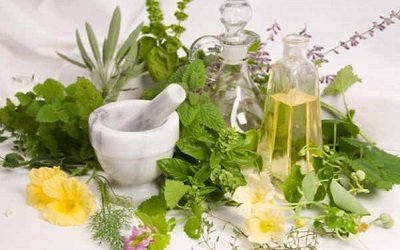Inside BENEO’s new pulse plant: pioneering sustainable protein from faba beans
The global market for botanical supplements in value term grew from $ 45.1 billion in 2010 to $ 54.6 billion in 2013, and is expected to grow to $ 90.2 billion in 2020 growing at a compound annual growth rate (CAGR) of 7.5%. Also, Usage of botanical supplements by adult women (largest end user in 2013) is projected to increase to $ 32.9 billion in 2020 at a CAGR of 7.5%, according to a report from Research and Markets titled “Global Market Study on Botanical Supplements: Personal Care Segment to Witness Highest Growth by 2020”.
Interest in healthy eating is influencing consumers to shift their dietary preferences in favour of food and food ingredients with potential health benefits. For consumers looking for a healthy lifestyle and seeking to reduce the risk of illness, herbal and botanical supplements (popularly known as herbal medicinal products) are among the best options. Botanical supplements include fresh or dried products in different forms, such as tablets, capsules, powders, and tea bags.
Globally, garlic, ginger, santalum, plantago, ginseng, rhodiola extract, red clover extract, and soy extract are some of the most widely used botanical supplements. Increasing elderly population and little or no side effects of botanical supplements are expected to drive the global botanical supplements market. According to the Population Division of the United Nations Department of Economic and Social Affairs (UN-DESA), there were 841 million people aged 60 and above in 2013 compared to 205 million in 1950. The number is projected to reach over 2 billion by 2050.
In the last few years, Europe has emerged as the largest market for botanical supplements, followed by Asia Pacific. In Asia Pacific, the long-standing tradition of using botanical medicine, the current economic development, and increasing urbanization are some factors driving the increasing demand for botanical supplements. Owing to these factors, Asia Pacific is expected to surpass Europe as the leading market for botanical supplements.
The botanical supplements market is fragmented with several players operating at global or regional levels. The global botanical supplements market is highly fragmented, with top eight companies holding less than 40% market share. Ricola and Procter & Gamble are some of the major companies with global operations. Dabur operates mostly in India; however, the company started selling its products in the North American and European countries, such as the U.S., France, Germany and the U.K., recently.
Some of the other companies in this space include BASF SE, Bayer AG, Bio-Botanica Inc., – Blackmores Limited, ChromaDex, Inc., Integrated BioPharma, Inc., NBTY, Inc., NaturaLife Asia Co., Ltd., Nutraceutical International Corporation, Pharmavite LLC, Surya Herbal, Ltd and The Himalaya Drug Company.

